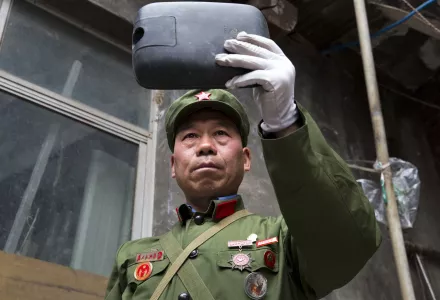
Using History and Ideology to Understand China’s Rise under Xi Jinping
This paper was completed as a Harvard Kennedy School Policy Analysis Exercise, a yearlong project for second-year Master in Public Policy candidates to work with real-world clients in crafting and presenting timely policy recommendations.
Executive Summary
There is a risk of a “New Cold War” between the US and China. Despite decades of bilateral engagement and multilateral collaboration, the US government has decided that increased tensions in diplomatic, security, and trade relations under Chinese leader Xi Jinping merit treating the country as a “revisionist power.” This premise has serious implications for the international order that underpins global peace and prosperity, as US attitudes toward China will, in turn, affect China’s faith in this existing order.
The US and China are arguably the world’s two most powerful countries. Given the potential for conflict between established and rising powers, it is crucial for US policymakers to determine whether Xi has altered China’s international strategy. Does Xi intend to reorient Chinese foreign policy, stop opening China’s economy to external actors, and replace the existing world order in pursuit of China’s power ambitions?
This report goes beyond the headlines to analyze Xi’s foreign policy discourse. It uses historical analysis of official strategies to suggest that there may be more continuity than commonly assumed between Chinese foreign policy under Xi and that under his predecessors. In particular, Xi has not changed the fundamental strategic orientation of China’s external relations in the post-Mao era: “Opening” and “Peace and Development.”
This report makes four recommendations intended to help the US government better respond to the rise of China under Xi and improve the likelihood that China chooses to exercise its growing power in a responsible, orderly, and mutually beneficial manner:
- Maintain a policy of engagement with China, including:
- Improve political rhetoric about China
- Recommit to high-level political dialogue
- Seek bilateral cooperation on transnational issues
- Revive the Six-Party Talks
- Increase military-to-military relations
- Reinforce domestic institutions
- Reform global governance and join Chinese-led initiatives
- Increase domestic investment in global diplomacy
- Do not place trade sanctions on China (use the WTO instead)
Thomas, Neil. “Taking History as a Mirror.” June 2018


